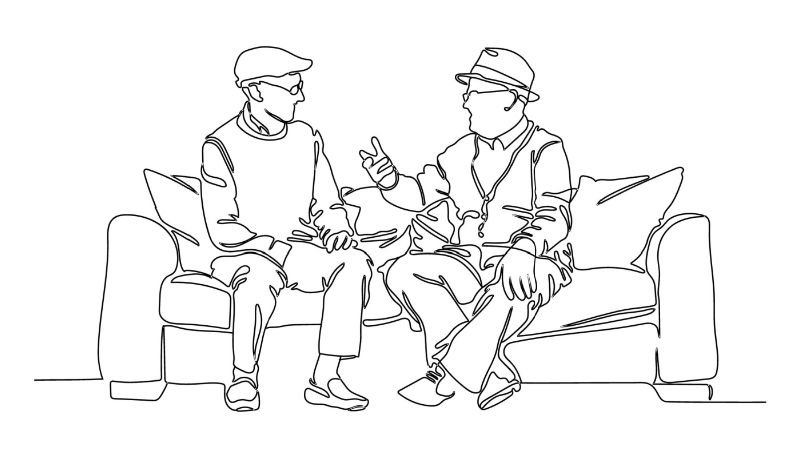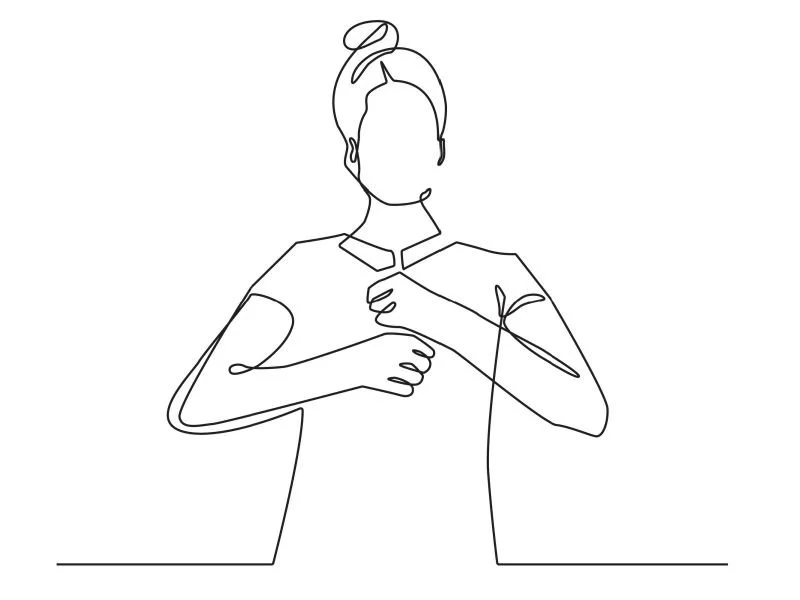Civility at Work.
This article is part of Finding the Words, a newsletter that delivers practical insights on the day’s issues.
“Only the soul that ventilates the world with tenderness has any chance of changing the world.”
Those are the words of Father Greg Boyle, a Jesuit priest and founder of Homeboy Industries, the largest gang intervention, rehabilitation, and re-entry program in the world. If you’re not familiar with Father Boyle or his remarkable collection of books, I implore you to watch this 11-minute video of him addressing the students of Notre Dame in 2017. As Stephanie Bai of The Atlantic wrote recently, “Boyle’s singular gift is his ability to see—and communicate—the best of humanity in those who are often considered the worst of it.”
Given his mission, and the topics I cover in this blog, it is likely no surprise why I have Father Boyle’s words on my mind—and why I decided to open a recent Learning Lab at Mission Partners with his words. We host Learning Labs at Mission Partners each Monday morning, on topics ranging from how to make the most of Zoom technology to how to become an election judge. It’s a place for us to learn and grow together. And this past week, with Father Boyle’s words to guide us, we put tenderness on the table and practiced the art of civility at work.
We had good reason to do so. According to brand new research from SHRM:
66% of U.S. workers have experienced or witnessed incivility in the workplace over the past month.
Workers who rate their workplace as uncivil are 3 times more likely to express job dissatisfaction (28%) and more than twice as likely to consider leaving their job in the next year (38%).
Jim Link, the Chief Human Resources Officer of SHRM, recently told me, “If we want to build a world of work that works for all, we need more civility: it is inclusion in action.”
So, last week we gathered our team and heeded SHRM’s call to participate in their 1 million civil conversations challenge. While we have a civil and congenial group of colleagues at Mission Partners, I recognize that civility is like any muscle in our body: when it isn’t activated, it will atrophy.
Now is no time to let civility atrophy. In fact, our collective civility muscle needs more strength. More specifically, it needs resistance training.
So, we took 30 minutes on a busy Monday, broke into small groups, and practiced the art of civility. Using prompts from SHRM’s Civility toolkit, and a few of our own, we discussed:
When tough talks in the workplace arise, how do you react?
What are the 3 ingredients necessary for a civil conversation?
What helps when navigating a contentious conversation?
And social media – how does it impact civility in our lives?
The conversations were rich, honest, and, most of all—civil. They gave us space to consider how we can be stewards of civility and gave us tools to lean on when we spot incivility, too.
We embraced these conversations—and many that have followed, with Father Greg Boyle’s invitation to “ventilate the soul with tenderness”. Our intentional practice of civility, launched in just 30 minutes on a Monday morning, set us up to build and strengthen a muscle—and to be ready with sharper skills when hard conversations come.
If you’re seeing the effects of political polarization at work, consider calling your team together for a similar conversation on civility, leaning on some of the prompts I offer above and more that can be found at SHRM.org.
You can also listen to and subscribe to the Mission Forward podcast to hear my full conversation with Jim Link, which will be released early next month.
Bottom line: Incivility at work is an intensifying reality. It can get the better of us and bring out the worst in us. This week, practice “ventilating your soul with tenderness,” and work to create spaces that foster civil conversation and muscle building. I think you’ll find the whole team gets stronger as a result.
This post is part of the Finding The Words column, a series published every Wednesday that delivers a dose of communication insights direct to your inbox. If you like what you read, we hope you’ll subscribe to ensure you receive this each week.







